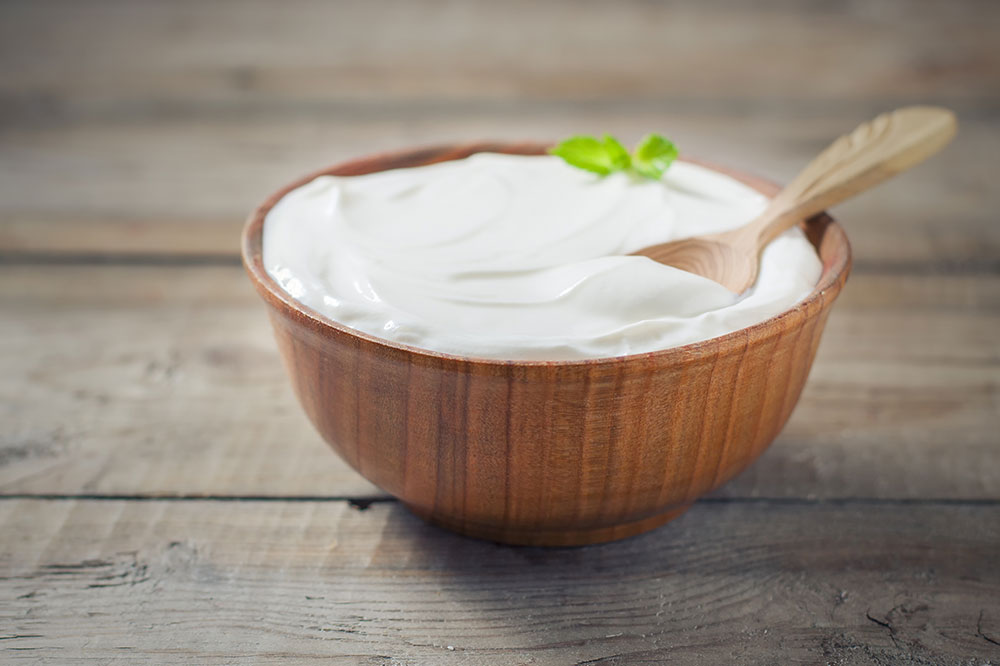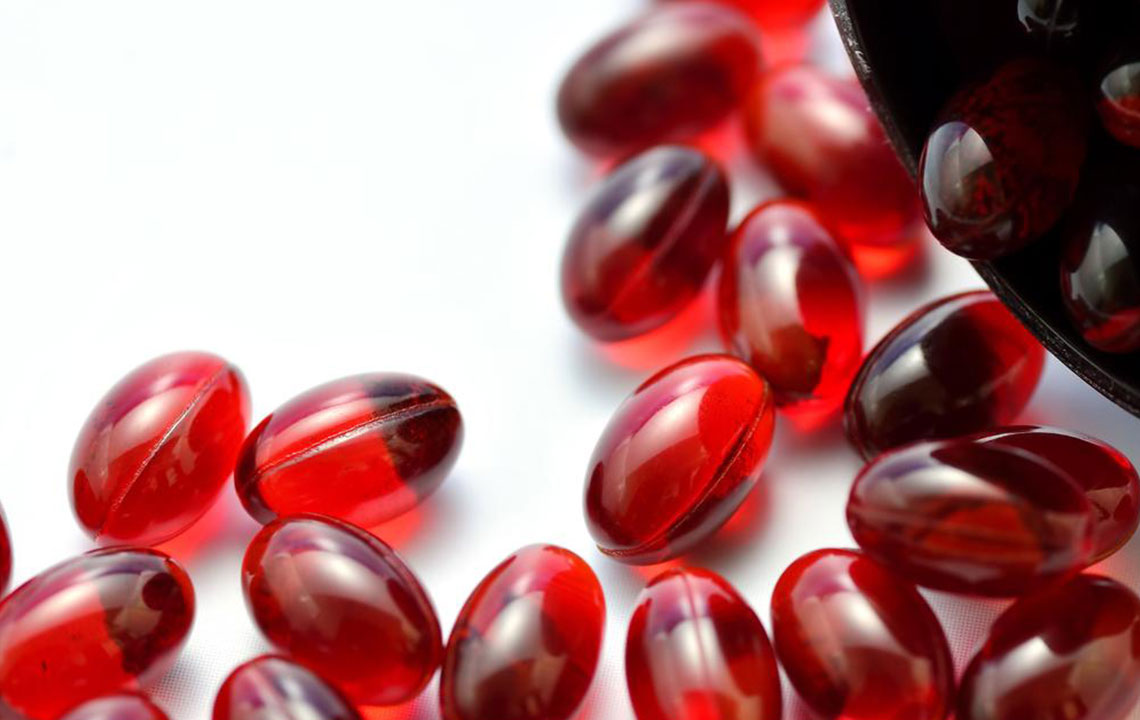Tips to Prevent Bad-Smelling Gas
Discover effective strategies to reduce foul-smelling flatulence. Learn about the impact of high-fiber foods, food sensitivities, and medications on gas odor. Practical tips include dietary adjustments, hydration, and probiotic intake to promote healthy digestion and minimize unpleasant smells.
Sponsored

Flatulence is a natural process where gases are expelled from the digestive tract. Sometimes, these gases are odorless and silent, but they can also be loud and foul-smelling. While occasional smelly gas is normal, certain foods and medications can lead to stronger odors. A persistent foul smell may also signal underlying health issues like infections or digestive problems. Understanding what causes smelly gas can help you take steps to reduce it. Here are key reasons behind malodorous flatulence and tips on prevention.
High-fiber foods
Consuming foods rich in fiber slows digestion, leading to fermentation and increased gas production.
If you're looking to minimize foul-smelling gas, consider avoiding certain vegetables like:
Bok choy
Asparagus
Cabbage
Broccoli
Food sensitivities
Sensitivity to specific foods can lead to bad odors. For example, lactose intolerance prevents proper digestion of lactose, causing fermentation and smelly gas.
Medicinal effects
Certain medications, such as antibiotics, can disturb your natural gut bacteria balance, resulting in more potent odor in your flatulence.
To reduce smelly gas, it’s important to understand that flatulence is a normal and necessary part of waste elimination. Here are practical tips to help you prevent unpleasant odors:
Increase water intake to assist in waste removal.
Avoid carbonated beverages like soda and beer that promote gas formation.
Eat smaller meals slowly to support better digestion and lessen gas buildup.
Include probiotic-rich foods like yogurt to restore healthy gut bacteria.
Limit foods known to produce foul odors during digestion.






